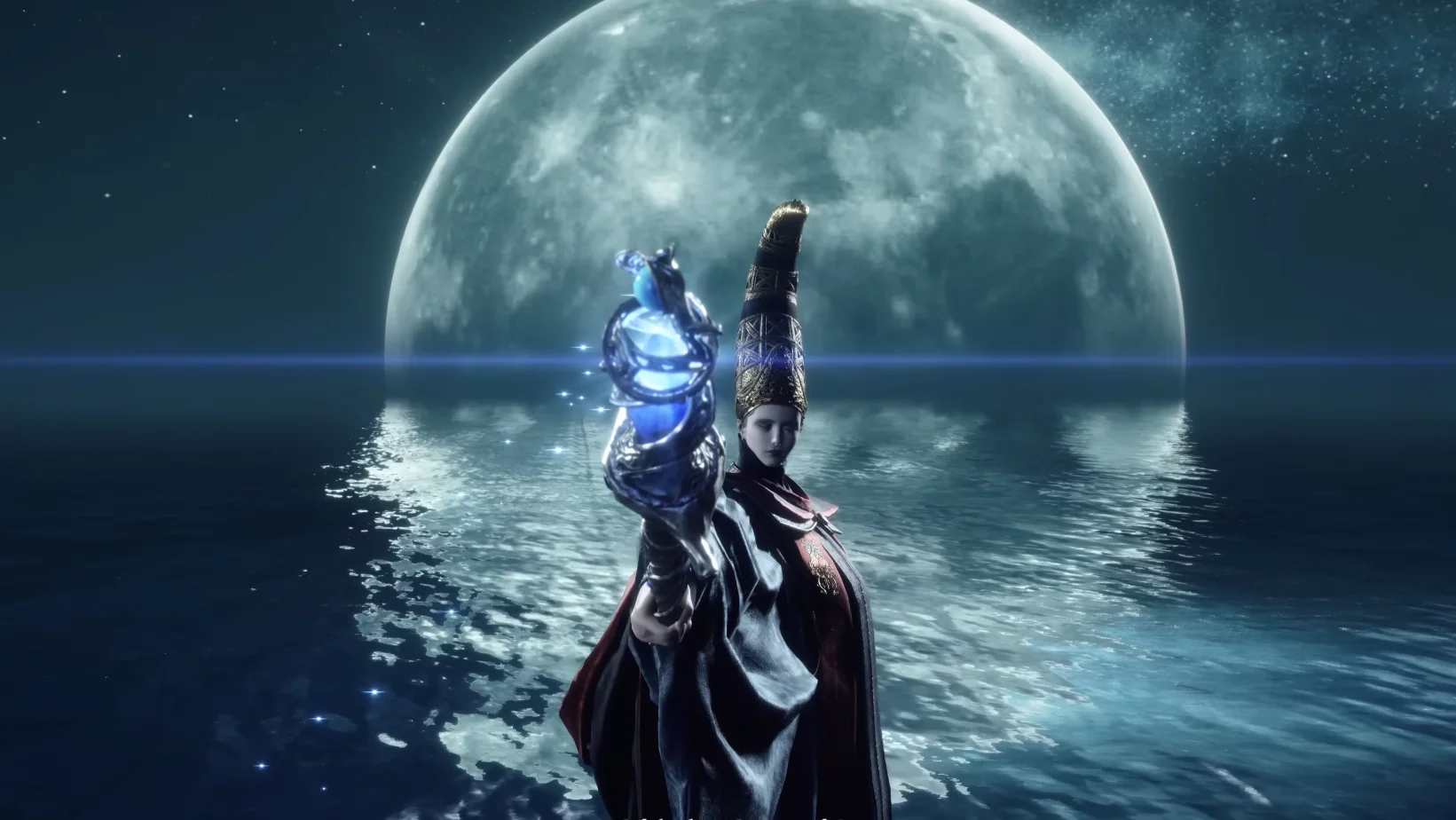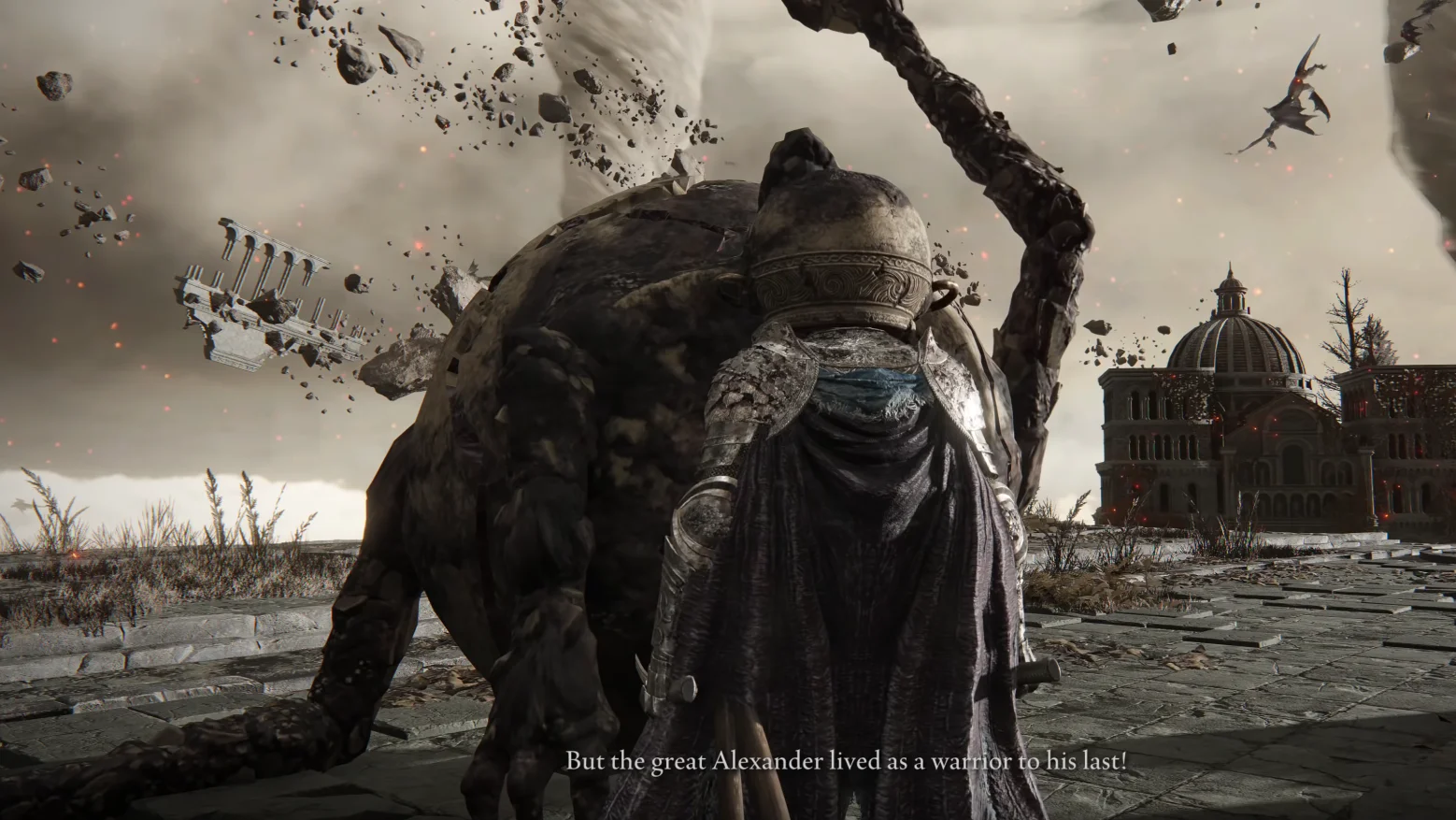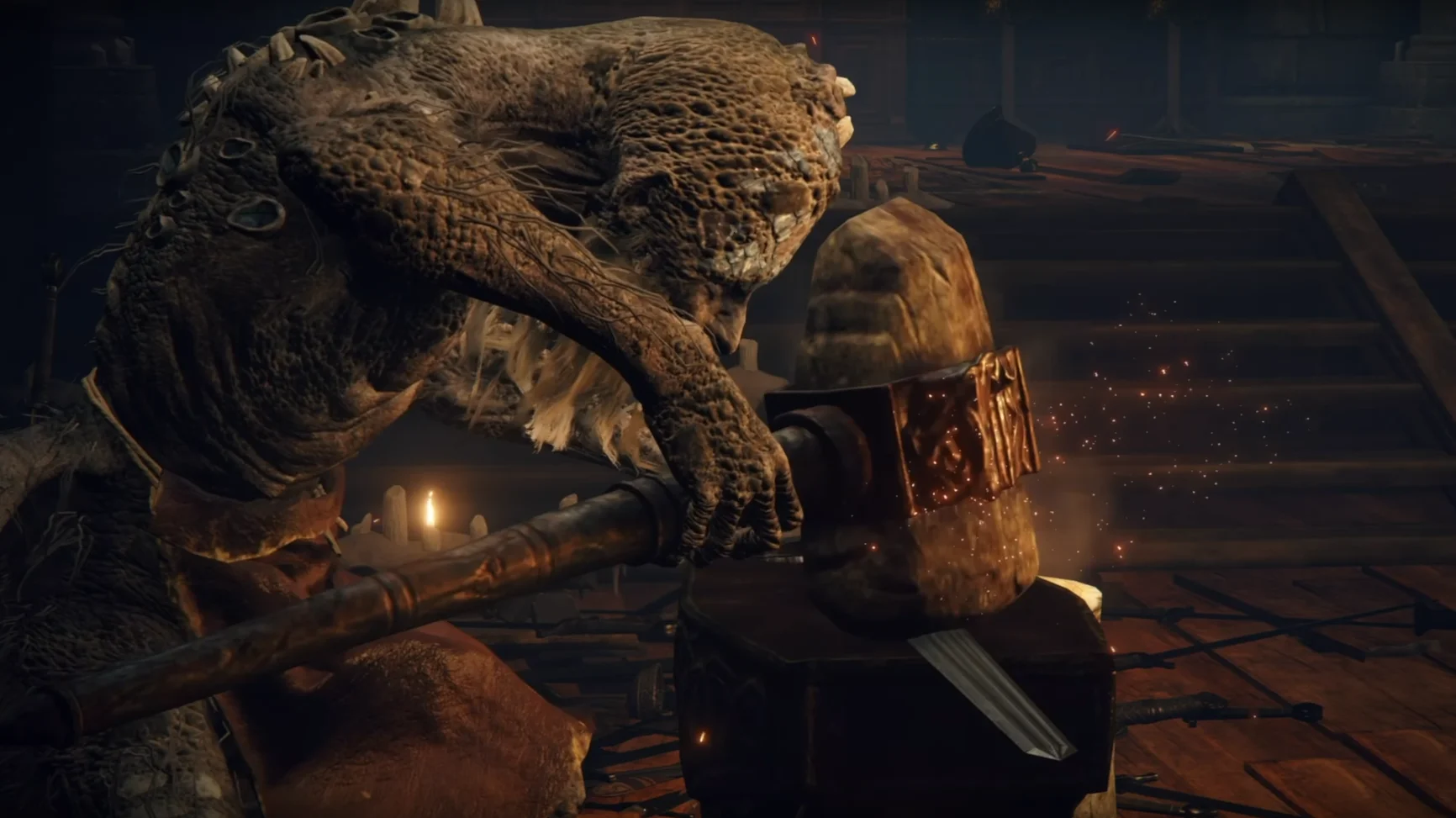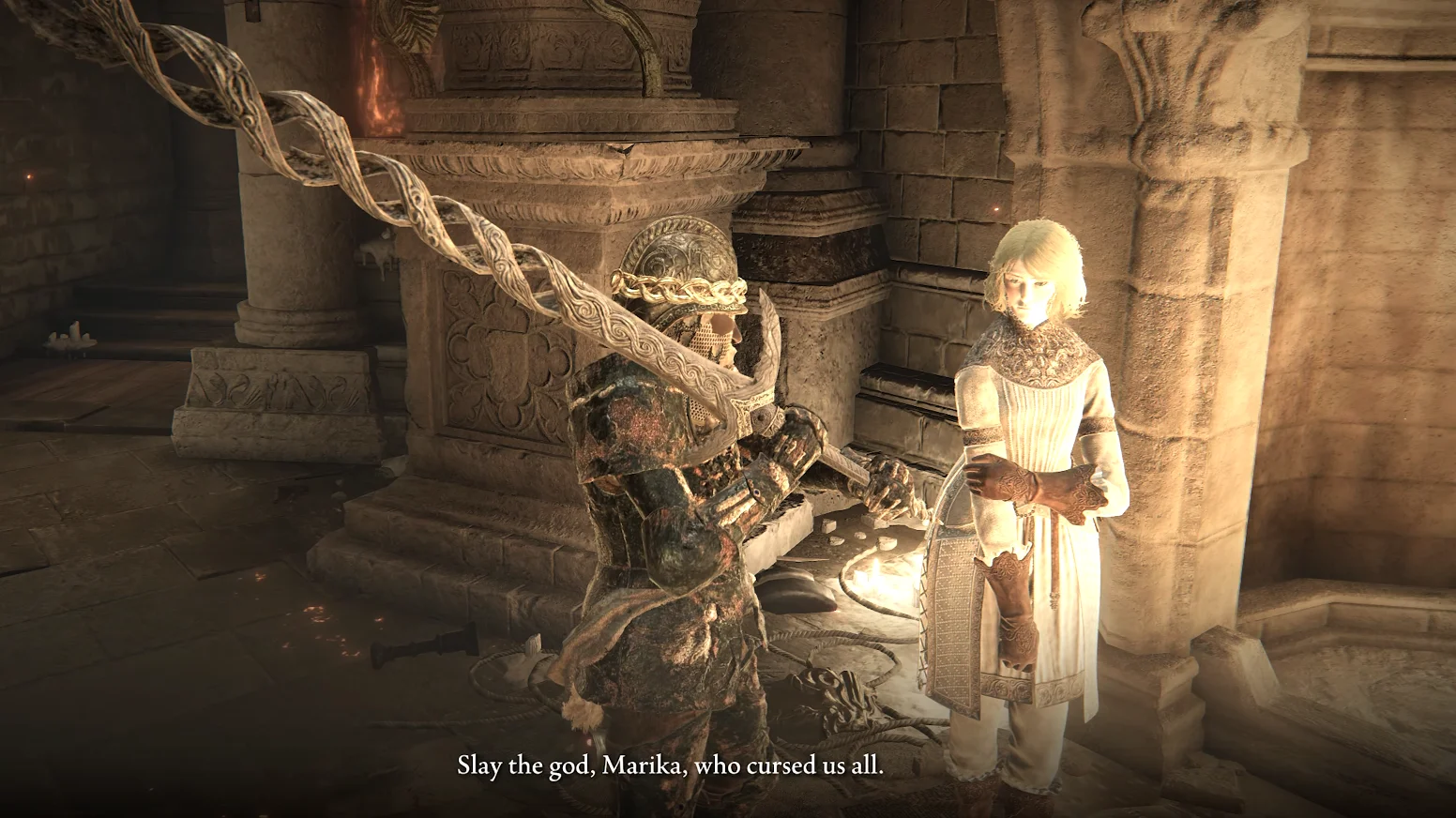· Elden Ring · 10 min read
Threads of Destiny: Boc's Lore and Journey of Identity and Self-Acceptance
Initially introduced as a talking bush, Boc's transformation from a humble seamster to a figure of self-acceptance mirrors the broader struggles faced by many characters within the Lands Between. Boc's journey sheds light on the oppressive ideals imposed by the Golden Order and the personal battles with self-worth that define his path.
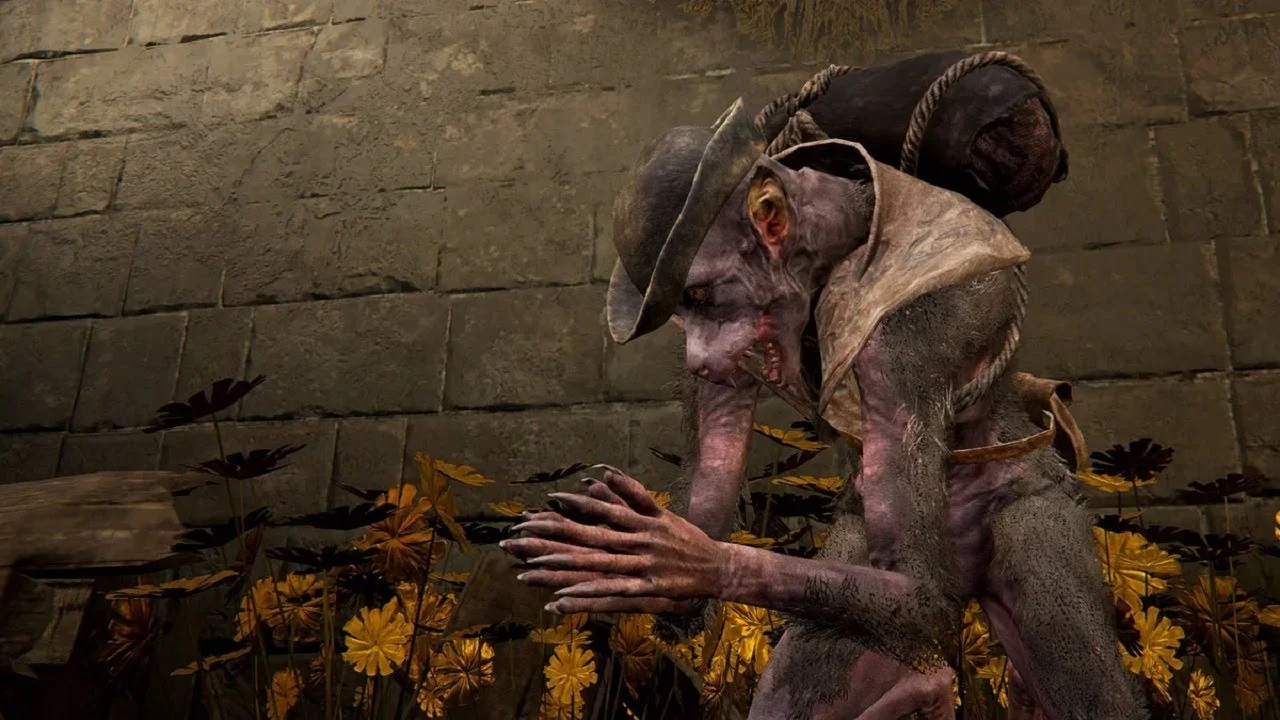
In the lore-ridden world of Elden Ring, Boc the Seamster emerges as a poignant character who explores themes of identity, acceptance, and the quest for validation. Through his interactions with key figures like Melina and Radagon, and the symbolic Golden Needle, Boc’s storyline offers a rich exploration of love versus order, inviting players to reflect on the power of empathy and self-discovery.
Boc the Seamster: Lore and History
Boc, initially encountered as a mysterious talking bush, plays a interesting part in the narrative of the Lands Between. His journey from a humble seamster to a significant figure highlights themes of love, acceptance, and identity. Though his origins remain unknown, his transformation begins with his interactions with the tarnished, who first meets him in an unexpected guise. Boc’s story reflects the game’s central themes of self-acceptance and the quest for approval.
Boc’s story parallels that of Radagon, another character who struggles with identity and seeks affirmation. Through Boc’s journey, we see his battles with self-worth, intensified by the Golden Needle—a symbol of both his aspirations and insecurities. This object, potentially tied to Radagon, triggers Boc’s internal conflict. As Boc works to improve his craft and earn approval, his story becomes a reflection of the broader story, illustrating the balance between love and order, and the personal struggles for acceptance.
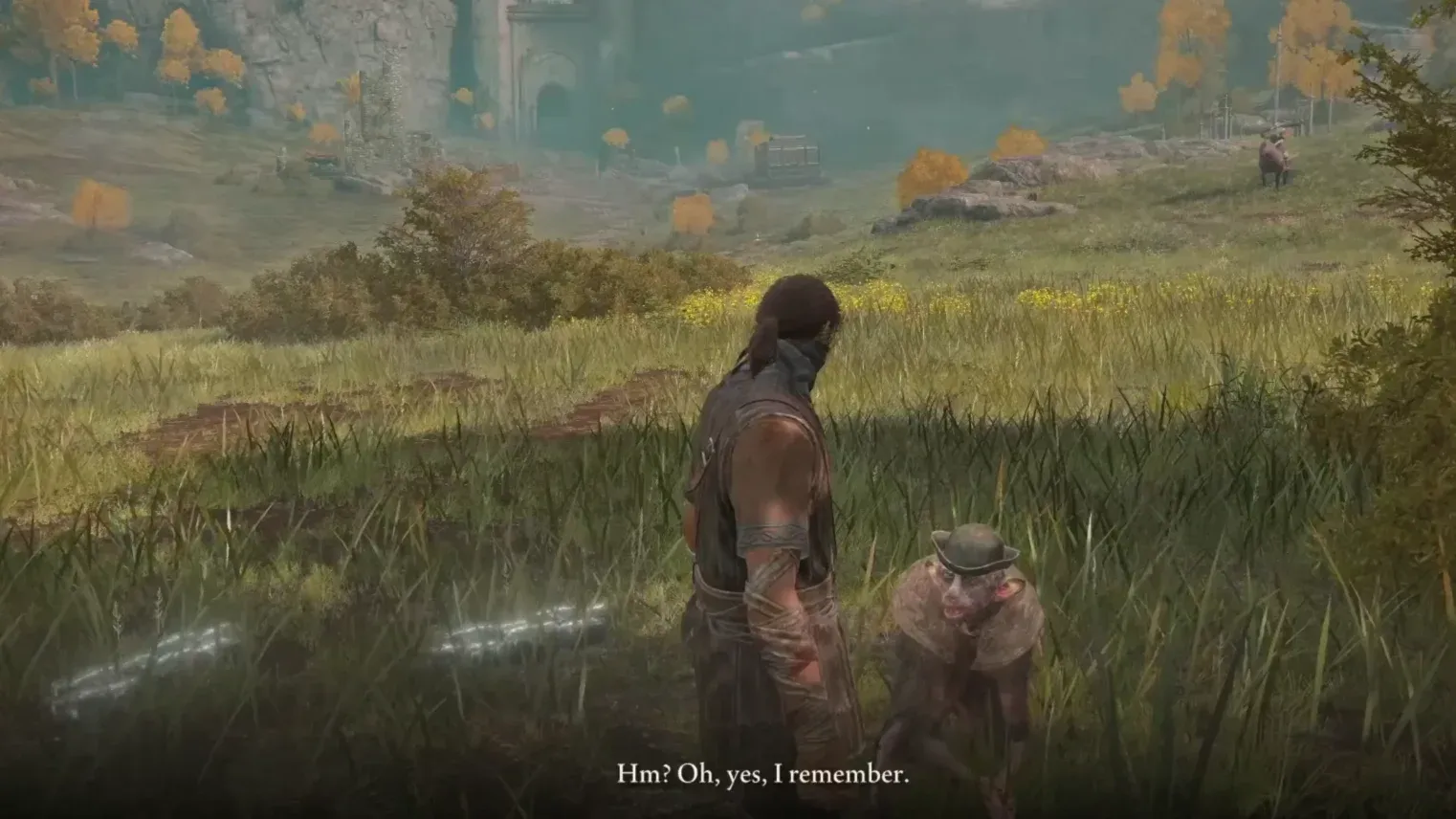
Through Boc’s evolution, the game intertwines individual narrative and broader lore, enriching the story of the Lands Between.
Boc’s Relationship with Melina and Radagon
Melina’s rare interest and concern for Boc, a humble seamster, offer an intriguing perspective on Radagon’s complex character. Unlike most characters in the Lands Between, Melina shows genuine affection for Boc, urging the player to care for him and acknowledging his longing for maternal reassurance. This unique dynamic suggests a deeper connection, possibly reflecting her relationship with Radagon, who may have similarly yearned for acceptance and love. Melina’s dialogue hints at a shared experience of seeking validation, as both Boc and Radagon grapple with their self-worth and identity. The parallels between Boc’s journey and Radagon’s history are striking: both strive to transcend their origins and achieve a sense of completeness, whether through craftsmanship or mastery of sorcery and incantations.
Boc’s story, marked by his transformation from a marginalized demi-human to a royal seamster, mirrors Radagon’s quest for acceptance within the rigid structures of the Golden Order. The parallels extend beyond their shared profession, as both characters struggle with dissatisfaction regarding their achievements and appearances. Boc’s struggle with his perceived ugliness and his quest for approval resonate with Radagon’s own disdain for his red hair and perpetual striving for perfection. Melina’s concern for Boc’s well-being and her reflections on the nature of being “born of a mother” suggest an underlying commentary on the innate human desires for love and acceptance—desires that may have driven Radagon’s actions and decisions throughout his life. Through Boc’s interactions with Melina, we gain insights into Radagon’s character, revealing a man who, despite his monumental role in the history of the Lands Between, may have been just as vulnerable and driven by personal insecurities and aspirations for acceptance as the seamster he inadvertently mirrors.
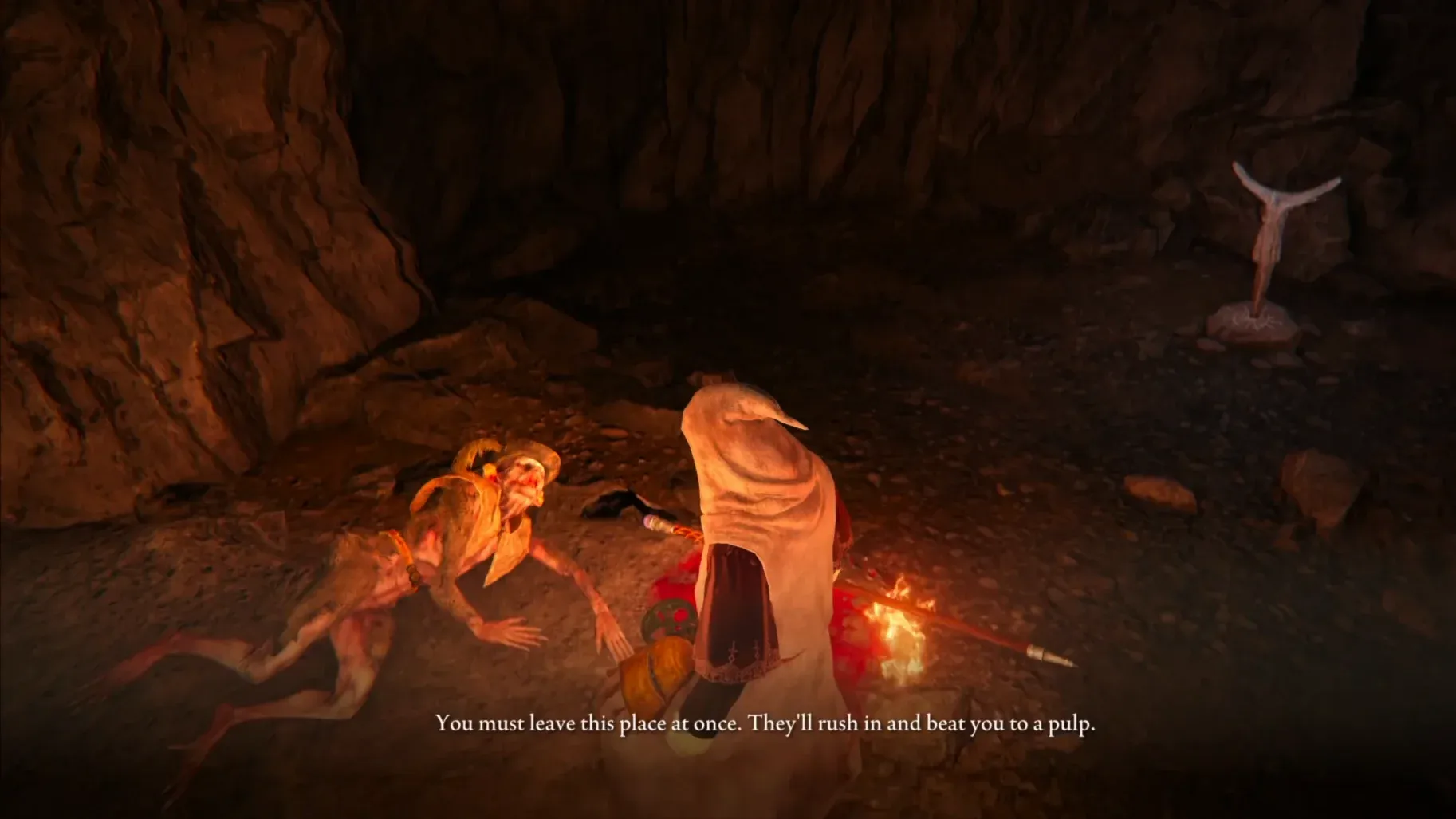
Comparisons Between Boc, Radagon, and Messmer
Boc, Radagon, and Messmer represent the struggle between self-acceptance and societal rejection, highlighting themes of love, acceptance, and the oppressive nature of the Golden Order. Boc’s journey involves his transformation from an insecure demi-human into a figure of self-loathing after receiving the Golden Needle, symbolizing the unattainable perfection imposed by the Golden Order. Despite his mother’s unconditional love, Boc’s desire to conform to ideals of beauty and service leads him to question his worth. This mirrors Radagon’s struggle with his fiery red hair and the rejection he faces from the Golden Order. Radagon’s pursuit of mastery over sorcery and incantations echoes Boc’s quest for perfection through sewing. Both characters show how the oppressive standards of the Golden Order can distort self-image and hinder self-acceptance.
Messmer’s journey adds another dimension to this narrative of rejection and identity. Unlike Boc, Messmer lacks unconditional love, as his mother feared his inner monster, sealing away any love she might have had for him. This absence of love and acceptance forces Messmer into a life of isolation, with his ugliness used as a weapon against him by those who hate him. The shared experience of societal rejection and the quest for identity unites Boc, Radagon, and Messmer, highlighting the destructive nature of the Golden Order’s rigid standards. Each character’s journey underscores the importance of love and acceptance in overcoming insecurities and impossible goals set by a world that values order over compassion. Ultimately, their stories illustrate the profound impact of these themes on their quests for belonging within the world of Elden Ring.
The Symbolism of the Golden Needle in Boc’s Storyline
The Golden Needle in Boc’s storyline symbolizes transformation and embodies the oppressive ideals of unattainable perfection imposed by the Golden Order. As a tool, the needle promises Boc the ability to transcend his limitations, sew the garments of the demigods, and achieve high status as a royal seamster. This symbol of transformation becomes a double-edged sword. While it offers Boc the chance to elevate his craft and status, it also becomes a source of insecurity and self-loathing. He idolizes the perfection demanded by the Golden Order and despises his own appearance. The needle, therefore, encapsulates the tension between aspiration and self-acceptance, echoing the broader themes of identity and acceptance in the game.
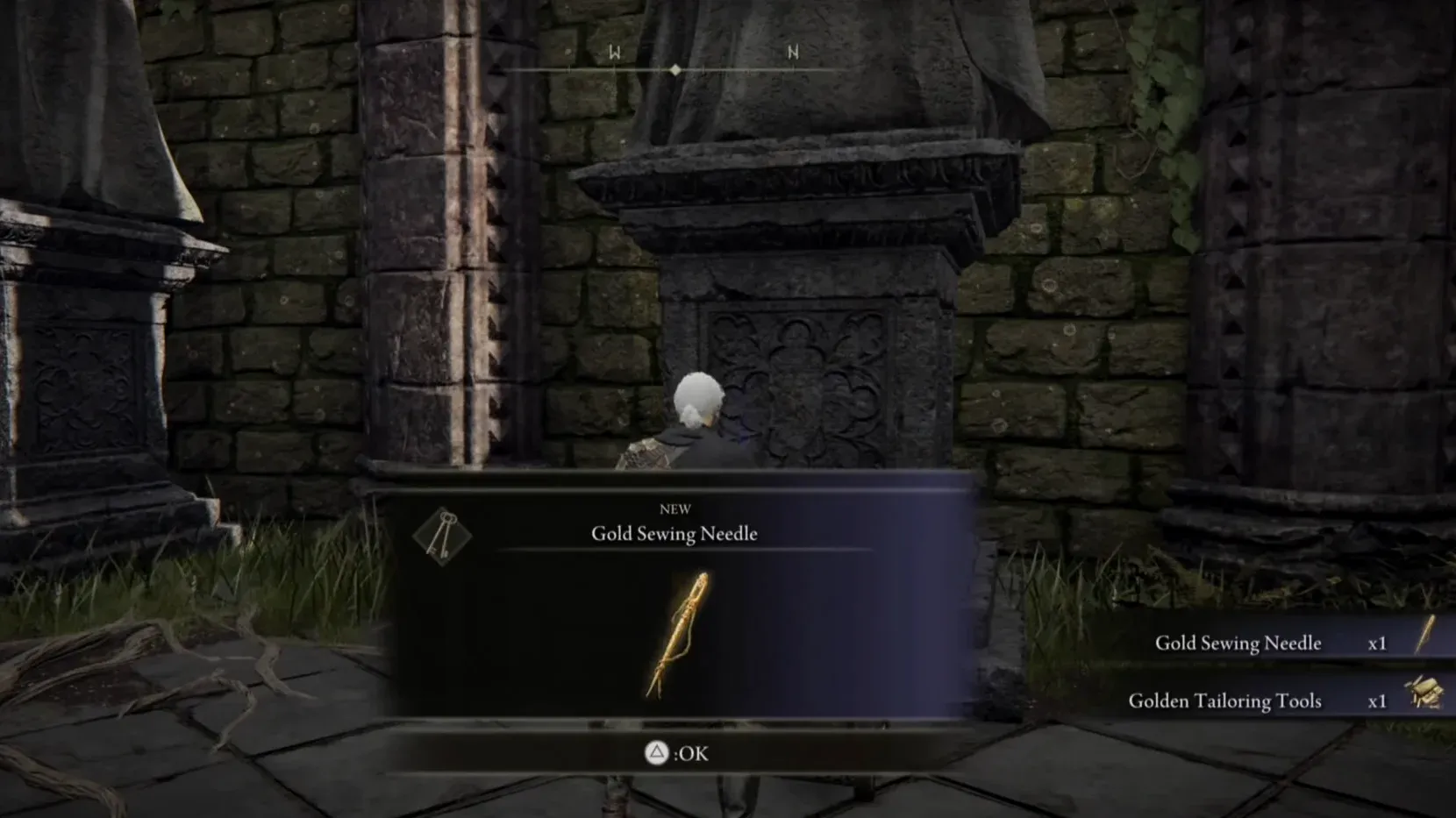
Boc’s receipt of the Golden Needle marks the beginning of his spiral into insecurity, mirroring the oppressive nature of the Golden Order itself. This order, represented by the needle, imposes ideals of perfection and beauty that are both unattainable and dehumanizing. For Boc, the needle transforms from a gift into a curse, a constant reminder of his perceived ugliness and the gap between his reality and the ideal. The needle’s symbolism extends beyond Boc’s personal struggle, reflecting the broader narrative of the game where love and acceptance are pitted against the rigid demands of order and perfection. Boc’s journey, influenced by the Golden Needle, becomes a poignant exploration of the struggle for self-acceptance in a world that venerates an impossible ideal, tying into the larger themes of Elden Ring’s narrative.
Radagon’s Duality and Connections to Sewing
Radagon’s dual nature is closely tied to sewing, both as a skill and a metaphor for reconciling his fragmented identity. The act of sewing, a craft Radagon shares with Boc, symbolizes the effort to piece together disparate elements into a cohesive whole. Radagon uses this skill not just in tailoring garments but to impose order on the chaos of his existence. This is vividly illustrated in his use of the Golden Needle, a tool emblematic of the Golden Order’s pursuit of perfection. The needle represents Radagon’s ambition to mend the fractures within the Elden Ring and within himself. It is an instrument of transformation, reflecting his desire to redefine his identity through acts of creation and control.
Furthermore, Radagon’s decision to sew shut the mouths of the Carian preceptors shows his struggle to silence the discordant voices within and around him, echoing the oppressive nature of the Golden Order. This action signifies a desperate attempt to stifle dissent and preserve a facade of unity and order, mirroring his internal conflict between his role as Marika’s counterpart and his own aspirations. The metaphorical sewing of his identity reflects his quest to bind together the fragmented pieces of his life, much like Boc’s journey with the Golden Needle, which leads him down a path of self-doubt and insecurity. Radagon’s duality is thus expressed through his mastery of sewing, a craft that serves as both a literal and figurative means of shaping the world and his place within it, paralleling Boc’s own struggle for self-acceptance amidst external pressures.
Boc’s Journey of Self-Acceptance
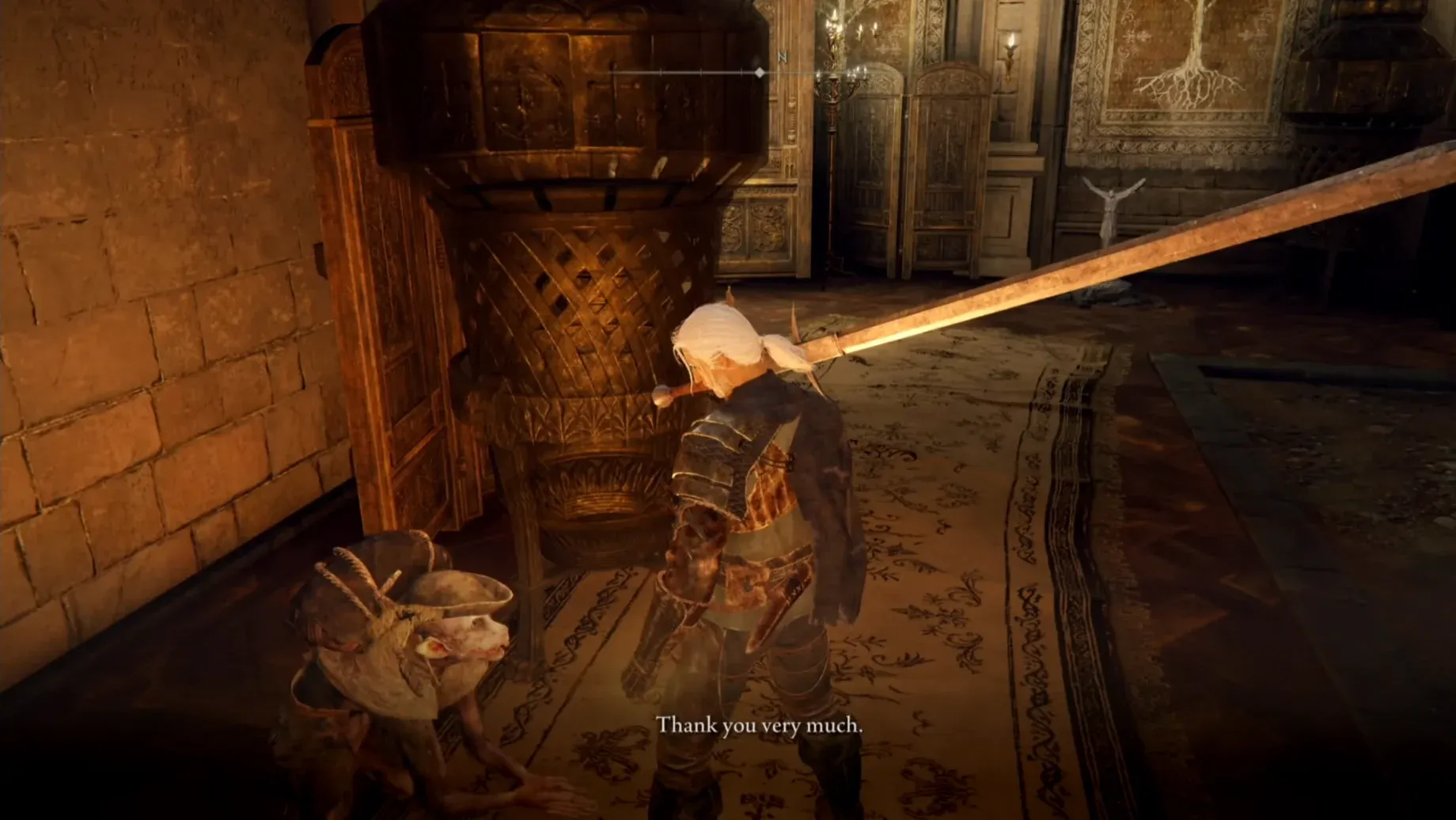
Boc’s journey invites players to reflect on the themes of identity and acceptance within the game. Central to Boc’s transformation is the ‘You’re Beautiful’ Prattling Pate, which imparts unconditional love and assurance, echoing his mother’s voice. This pivotal moment allows Boc to embrace his true self, free from the oppressive expectations of the Golden Order and the insecurities that once plagued him. The player’s interaction with Boc, offering him this voice of love, becomes a catalyst for his self-acceptance, demonstrating the profound impact that empathy and understanding can have on an individual’s journey to self-discovery.
Boc’s story serves as a microcosm of the game’s broader exploration of identity and acceptance. Through his transformation, players witness the struggle between external pressures and internal acceptance, highlighting the importance of self-love in the face of societal expectations. Boc’s ability to find peace with his identity, despite the allure of rebirth or transformation offered by the larval tear, underscores the narrative’s message that true contentment comes from within. This journey enriches Boc’s character arc and reinforces the game’s focus on the tension between love and order, encouraging players to consider the value of authenticity and acceptance in their own lives.
The Theme of Love Versus Order in Boc’s and Radagon’s Stories
In the lore of Boc and Radagon, love and order emerge as opposing forces shaping their destinies. Boc’s journey is influenced by his mother’s unconditional love, represented by the “Twisted clay sculpt” that echoes her acceptance of his appearance. This maternal affection contrasts with the rigid expectations of the Golden Order, which values perfection and beauty above all. Boc’s receipt of the Golden Needle marks the beginning of his struggle with self-loathing, as the needle symbolizes not only the order and perfection he is expected to embody but also the unattainable standards that lead him to despise his own form. This internal conflict is mirrored in Radagon’s pursuit of perfection, as he grapples with his own perceived defects, such as his red hair, which he associates with a curse.
Radagon’s quest for perfection is further exemplified through his actions, like sewing the mouths of the Carian preceptors shut, symbolizing his desire to control and maintain order. Yet, unlike Boc, who is offered a path to self-acceptance through external validation, Radagon’s narrative is one of perpetual striving. He seeks completeness through his relationships and actions. The dichotomy between love and order shapes the characters’ personal journeys and reflects a broader commentary on identity and acceptance within the game’s world. While Boc’s story suggests that love and acceptance can lead to self-fulfillment, Radagon’s journey underscores the futility of seeking perfection through external means, highlighting the tension between embracing one’s true self and succumbing to the demands of an unyielding order.
Conclusion
Boc’s journey in Elden Ring is a testament to the enduring struggle for identity and acceptance amidst external pressures. His transformation, catalyzed by the ‘You’re Beautiful’ Prattling Pate and the unwavering love symbolized by his mother’s acceptance, serves as a powerful narrative of self-acceptance and authenticity. Through Boc’s story, players are reminded of the importance of embracing one’s true self and the profound impact empathy can have on an individual’s journey. As Boc’s destiny intertwines with the larger narrative of the Lands Between, his character becomes a beacon of hope, illustrating that true contentment arises not from conforming to rigid standards of perfection, but from the genuine acceptance of one’s own identity.
